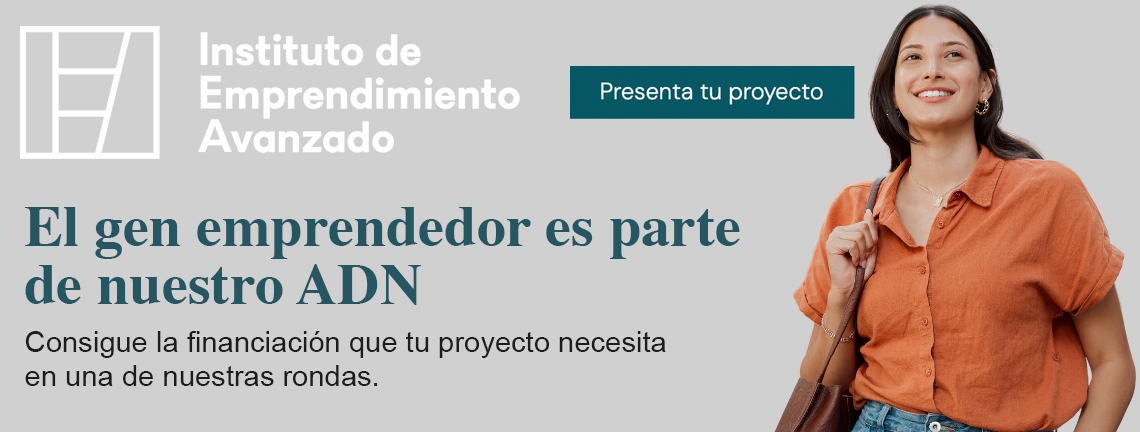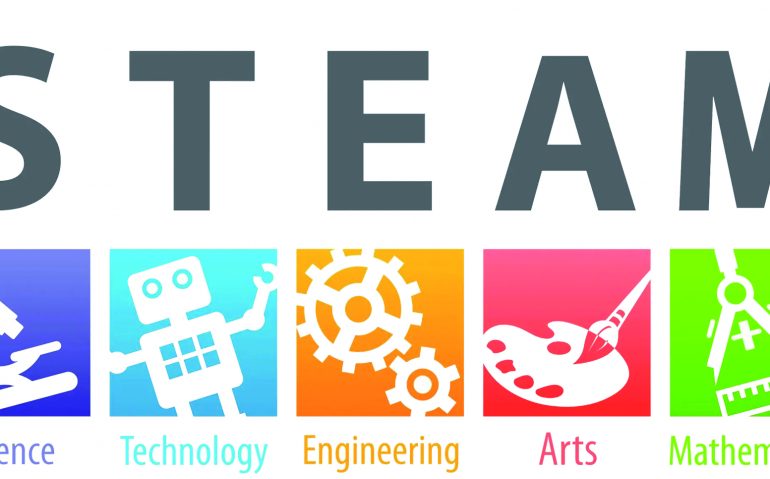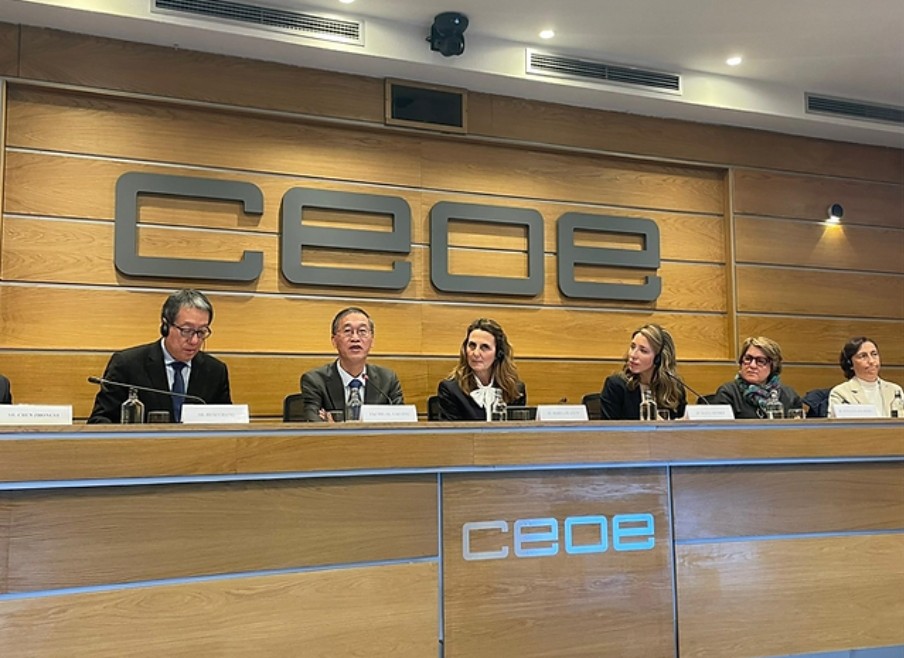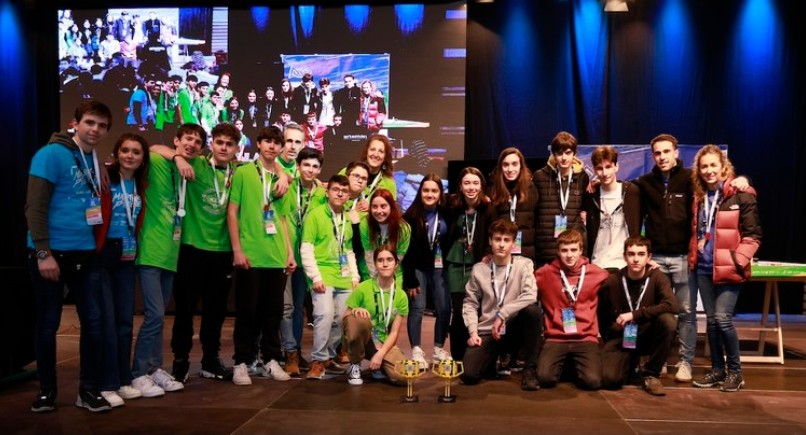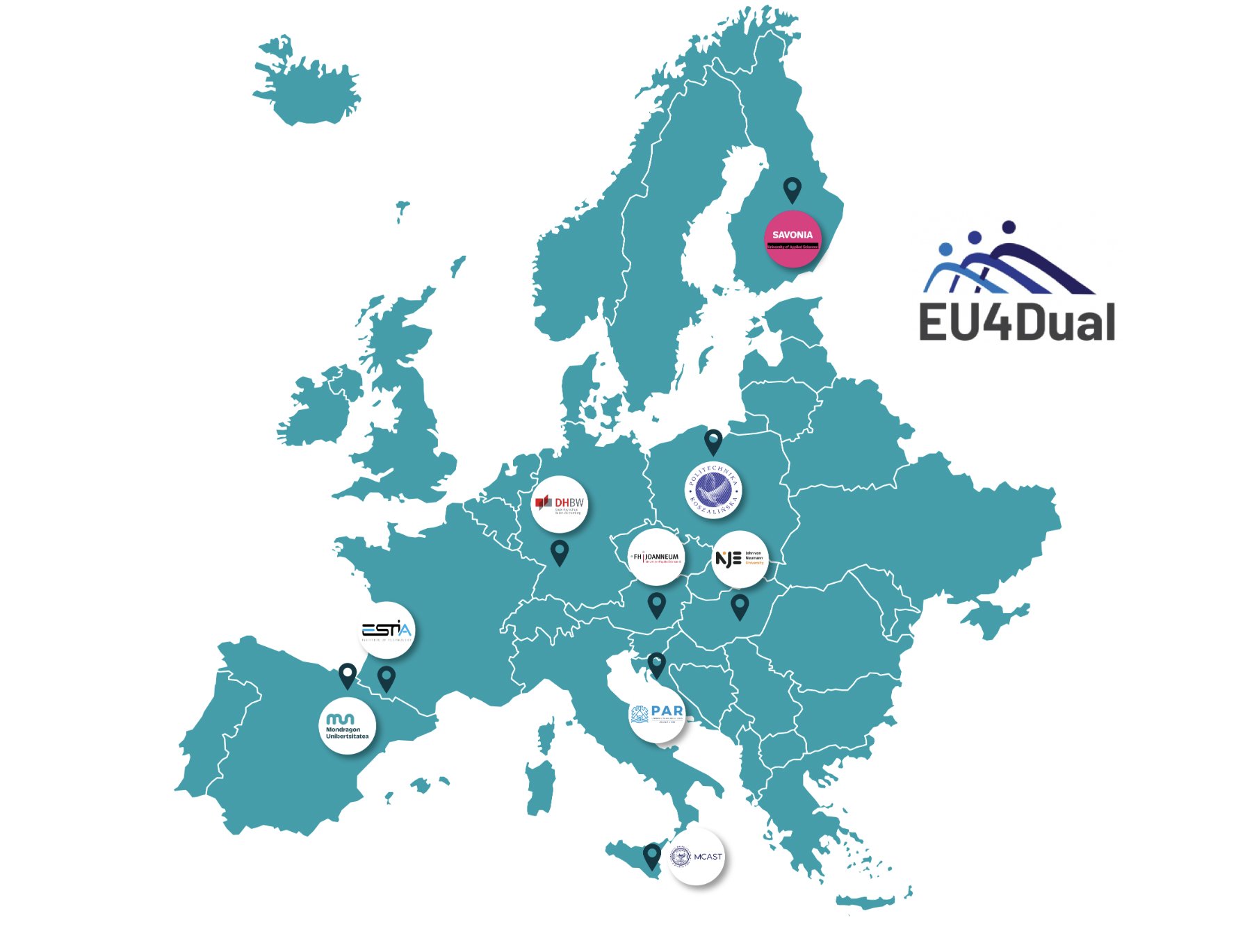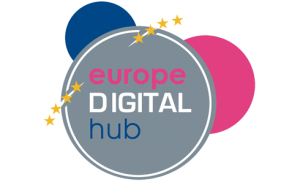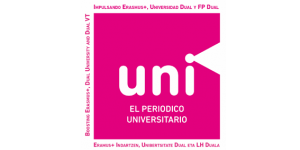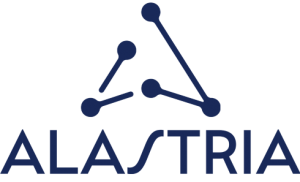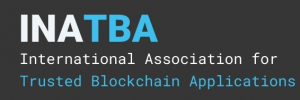The second edition of the STEAM Euskadi Sariak Awards closes the submission period with 137 nominations, a figure slightly higher than that registered last year (133) and which consolidates these awards created by the Department of Education of the Basque Government with the collaboration of the Basque Innovation Agency-Innobasque to recognize the best practices in the promotion of the educational model that promotes early vocations in science, technology, engineering, art and mathematics.
The STEAM Euskadi Sariak Awards are aligned with one of the priorities of the Basque Government, which is promoting the implementation of STEAM Education (acronym for Science, Technology, Engineering, Arts and Mathematics) to improve scientific-technological training of students, especially the youngest and the female. Thus, the STEAM Euskadi Education Strategy has launched different initiatives with Infant, Primary, ESO, Baccalaureate and Vocational Training educational centres in which agents such as companies, business associations, research institutes or the three Basque universities collaborate.
Among these initiatives, the creation of these Awards stands out to give visibility to best practices both for their impact and level of innovation and for their ability to attract girls, young women and women to these disciplines.
The awards have two categories, the most innovative initiative of STEAM Education promoted by educational centers and the most innovative initiative of STEAM Education promoted by other entities, and are endowed with 12,000 euros. The winning proposal in each category will take 3,000 euros and the second classified 2,000. There are special mentions for proposals that take into account the gender perspective, which will receive 1,000 euros each.
Of the 137 candidatures submitted, the majority (85) come from ESO (28), baccalaureate (22), primary (22) and Infant (13) educational centers, both public (41) and private (44). The rest have been presented by VET centres (14), companies (12) and universities (11), while the remaining fifteen are promoted by different agents of the Basque Science, Technology and Innovation Network, such as administrations, foundations or associations.
After receiving the applications, the evaluation period starts from which the names of the winning projects will come out.
In the first edition of the STEAM Euskadi Sariak Awards, to which 133 nominations were submitted, the winners were the projects “Neuronak Martxan”, by Artxandape Ikastola from Bilbao (Bizkaia); “Elhuyar Zientzia Azoka”, by Elhuyar Fundazioa; “STEAM project from an inclusive point of view”, by CEIP San Martín de Vitoria-Gasteiz (Araba) and “Inspira STEAM” from the University of Deusto.
STEAM Education
- Integrates: Science, Technology, Engineering and Mathematics in connection with the Arts and Humanities
- Empowers: Students to responsibly face the challenges of our society.
- Develops: Basic competences, both transversal and disciplinary.
- With the aim of: Inspiring scientific-technological vocations; Improve students’ STEM training; Encourage students to actively participate in the transformation of the world around them.
It seeks to intentionally provoke situations that allow simultaneous and integrated learning concepts of these subjects, in a practical context of design and problem solving, as is done in engineering in companies.
It is based on inquiry, which is carried out by planning experiments, investigating hypotheses, seeking information, building models, working as a team, discussing and proposing coherent explanations.
STEAM. The inclusion of the “A”
- An integrated learning process of the Sciences and Arts and Humanities.
- The contextualization of learning in an environment that reflects the complexity of the real world, beyond the scientific-technical approach.
- Encourage creativity and innovation of students.
- Be aware of the global nature of knowledge and culture and enjoy a broad training.
It makes STEM professions more attractive, shows the broad application sectors of science and technology and, thus, attracts more and greater diversity of talent.
- Responds to trends and needs linked to hybrid professional profiles (data analyst or industrial design) and transversal skills (creativity, teamwork, challenge solving).
In short, this strategy aims to promote STEAM Education to encourage STEM professions.
www.steam.eus

